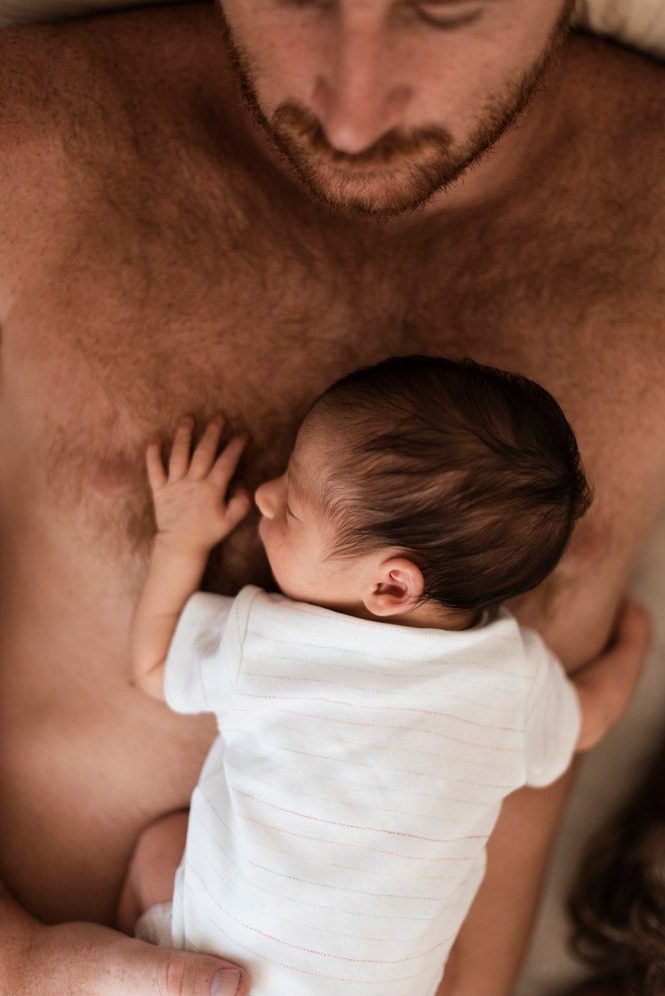The human body’s clock relies on the Sun, say researchers. As the length of day and light exposure changes, our bodies crave the sleep associated with night Effect of seasonality on sleep As the length of day and light exposure changes, our bodies craves the sleep that usually accompanies the night. Sleep needs for most adults are somewhere between (seven to nine) hours per night, and that is consistent no matter how cold or dark it gets outside. However, it is common to feel like you are sleeping more during the winter due to the fact that we lose an hour of daylight when we enter standard time, which is associated with the early onset of darkness How light impacts sleep Our circadian rhythms are set by the amount and timing of light our eyes see from the Sun. Our bodies receive cues from the Sun when it comes to our circadian rhythm, meaning that when it is bright outside we tend to be active, but when the Sun goes down, you may tend to feel tired. Importance of sleep Experts suggest sleeping between seven to nine hours a night for adults. Research has shown that sleep deficiency is linked to dementia, depression, diabetes, heart disease, high blood pressure, and other health issues. lack of sleep in the winter traps us in a vicious cycle of requiring more sleep to compensate for the lack of quality rest the night before.
Thank you for reading this post, don't forget to subscribe!Turn Off The Alarm Why We May Need More Sleep During Winters



